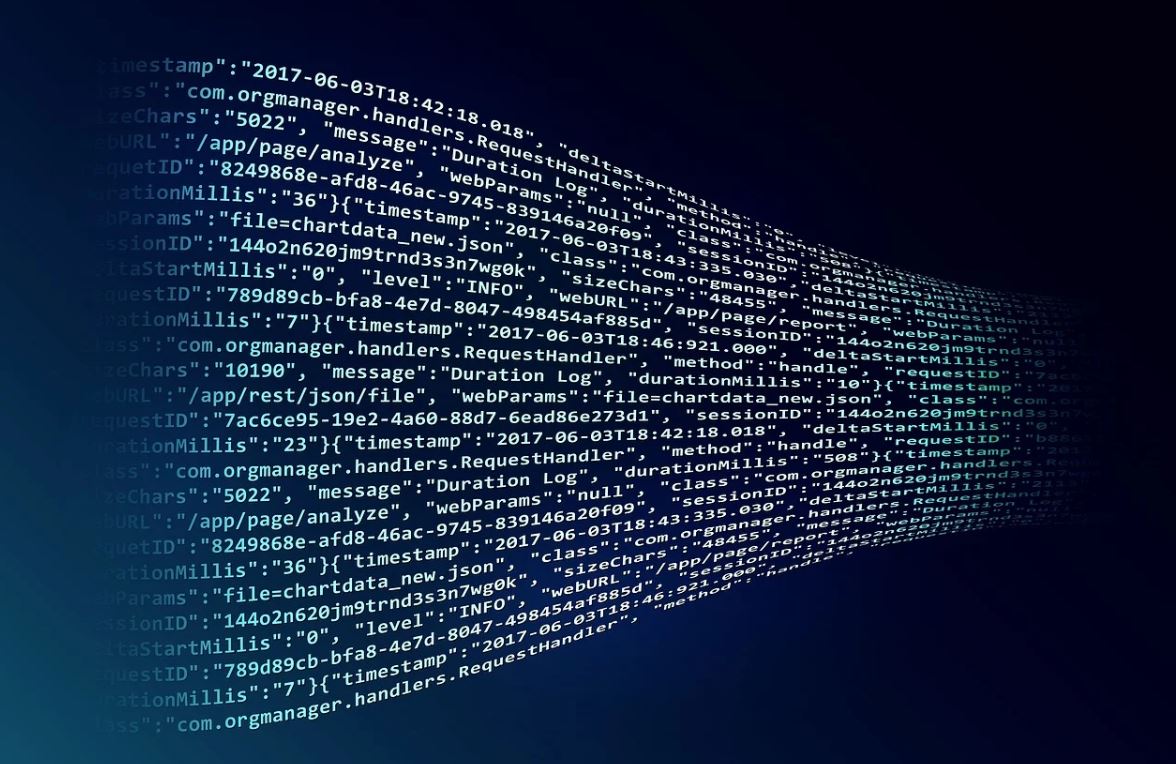
@ShahidNShah


Data security has become a top priority for healthcare organizations as they adopt digital health records and other technologies. Medical data is highly sensitive, and breaches can have severe consequences for patients and healthcare providers. Below are some of the key reasons why strong data security measures are crucial in healthcare.
Protecting Patient Privacy
Healthcare providers are obligated by law and ethics to protect the privacy of patient health information. The Health Insurance Portability and Accountability Act (HIPAA) established national standards for securing protected health information (PHI). PHI includes identifiable details like names, birth dates, social security numbers, and medical histories. If PHI falls into the wrong hands, it can lead to fraud or identity theft. Strict control of access to PHI is essential to prevent unauthorized exposure.
Avoiding Data Breaches
Data breaches in healthcare can arise from hacking, malware, unauthorized access, or lost/stolen devices. Breaches compromise massive amounts of sensitive data and are extremely difficult to recover from. Healthcare organizations can reduce breach risks by keeping data encrypted, training employees, monitoring for threats, and swiftly applying the latest security updates. They must also have an incident response plan ready in case a breach does occur.
Maintaining Patient Trust
Patients need to be able to trust that their most private health details will remain confidential. If a healthcare organization appears careless with data security, it severely damages public confidence and reputation. Patients may withhold personal information or avoid seeking treatment if they do not believe their data is safe. A robust security strategy helps maintain patient trust in the healthcare system.
Avoiding Regulatory Penalties
Healthcare providers that fail to properly secure PHI risk substantial fines, legal liabilities, and intervention by regulatory bodies. Violations of HIPAA and state privacy laws can lead to severe civil and criminal penalties. For instance, the U.S. Department of Health and Human Services’ Office for Civil Rights can impose fines of up to $50,000 per violation. Negligence resulting in data breaches can also spur costly class-action lawsuits.
Adhering to Security Standards
Various governmental and industry entities have established information security frameworks for the healthcare sector to follow. These include controls and best practices aimed at managing risks. Adopting these security standards helps healthcare organizations avoid fines, meet compliance requirements, and follow industry norms. Some prominent examples are the HITRUST Common Security Framework and the NIST Cybersecurity Framework.
When dealing with multiple different healthcare compliance frameworks, keeping track of all the different requirements can be a challenge. Look for automated software solutions that allow you to achieve and maintain compliance across multiple frameworks within a single platform.
Preventing Ransomware Attacks
Ransomware is an increasingly pervasive cyber threat facing healthcare providers. These attacks encrypt an organization’s files until a ransom demand is paid. With lives at stake, healthcare providers often have little choice but to pay up. Robust security strategies focused on early threat detection, network segmentation, and data backups help reduce healthcare providers’ vulnerabilities to disruptive ransomware attacks.
Data security should be a top priority from the exam room to the boardroom in every healthcare organization. Following best practices for access controls, network security, endpoint security, and data encryption is key to avoiding regulatory noncompliance, breaches, ransomware attacks, and breakdowns in patient trust. With vigilance and proper investment, healthcare providers can keep sensitive medical data safe.

Chief Editor - Medigy & HealthcareGuys.
AI is a major threat to medical practices -- but can also be a major help. AI is transforming the health care industry. By using predictive analytics that identify at-risk patients to detect diseases …
Posted Oct 10, 2024 Artificial Intelligence Medical Practice Scheduling - Physician
Connecting innovation decision makers to authoritative information, institutions, people and insights.
Medigy accurately delivers healthcare and technology information, news and insight from around the world.
Medigy surfaces the world's best crowdsourced health tech offerings with social interactions and peer reviews.
© 2025 Netspective Foundation, Inc. All Rights Reserved.
Built on Apr 21, 2025 at 1:14pm